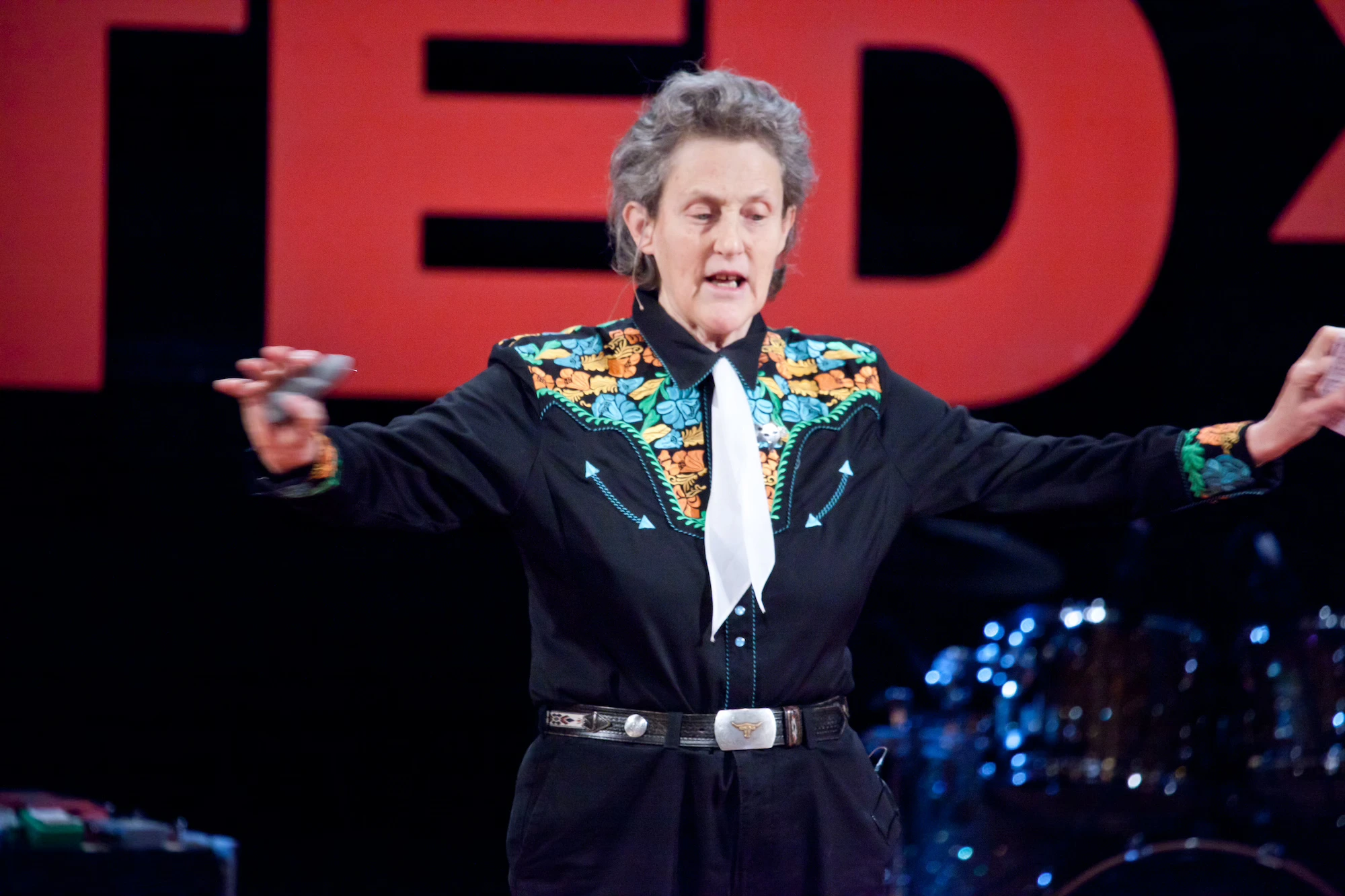
Temple Grandin’s Impact on Animal Welfare: How Companies are Embracing Her Vision
Temple Grandin, a renowned animal behaviorist and autism advocate, has made significant strides in promoting animal welfare in livestock handling and processing facilities. Her work has led to the development of innovative, humane systems that have been widely adopted by companies across the industry. Let’s explore Temple Grandin’s contributions to animal welfare and some of the ways in which companies have implemented her recommendations.
Nature is cruel, but we don’t have to be. We owe it to the animals to give them a decent life and minimize their suffering.
Grandin, Temple. “Animals Make Us Human: Creating the Best Life for Animals.” Houghton Mifflin Harcourt, 2009.
Grandin’s extensive work in animal welfare has resulted in groundbreaking designs for livestock handling facilities that minimize stress, fear, and pain for animals during handling and slaughter. She has developed guiding principles such as using curved chutes and non-slip flooring to create a more humane environment for animals (Grandin 1997). Her dedication to improving animal welfare has earned her recognition from numerous organizations, including the American Meat Institute and the Humane Society of the United States.
One of the most notable examples of a company adopting Temple Grandin’s recommendations is McDonald’s. In the late 1990s, McDonald’s sought Grandin’s expertise to improve animal welfare in their supply chain. Based on her advice, McDonald’s implemented a comprehensive animal welfare program that includes supplier audits and adherence to her handling guidelines (Schlosser 2001). This collaboration has led to substantial improvements in the welfare of animals processed for McDonald’s products.
Cargill, one of the world’s largest agribusiness companies, has also embraced Grandin’s work to improve animal welfare. The company has adopted her handling and stunning guidelines in their facilities and has worked directly with Grandin on multiple projects. In 2016, Cargill opened a state-of-the-art beef processing plant in Kansas, which was designed with Grandin’s guidance to optimize animal welfare (Cargill 2016).
Whole Foods Market, a leading grocery retailer, has incorporated Temple Grandin’s principles into their animal welfare standards. The company’s Global Animal Partnership (GAP) program, which sets welfare standards for meat, poultry, and egg suppliers, was developed with input from Grandin (Global Animal Partnership 2021). By implementing her recommendations, Whole Foods Market demonstrates their commitment to providing customers with products from humane and sustainable sources.
The adoption of Temple Grandin’s principles by industry-leading companies has had a significant ripple effect throughout the livestock sector. As more companies recognize the value of humane practices, they are increasingly investing in facility improvements and employee training based on Grandin’s guidelines. Her work has created a lasting impact on animal welfare and continues to inspire companies to prioritize the well-being of the animals in their care.
Sources
Grandin, Temple. “The Design and Construction of Facilities for Handling Cattle.” Livestock Production Science 49.2 (1997): 103-119.
Schlosser, Eric. “Fast Food Nation: The Dark Side of the All-American Meal.” Houghton Mifflin Harcourt, 2001.
Cargill. “Cargill’s New $111 Million Facility in Kansas Showcases Commitment to Animal Welfare, Sustainability.” Cargill, 10 June 2016, www.cargill.com/2016/cargills-new-111-million-facility-in-kansas.
Global Animal Partnership. “Our Story.” Global Animal Partnership, 2021, globalanimalpartnership.org/about/our-story.